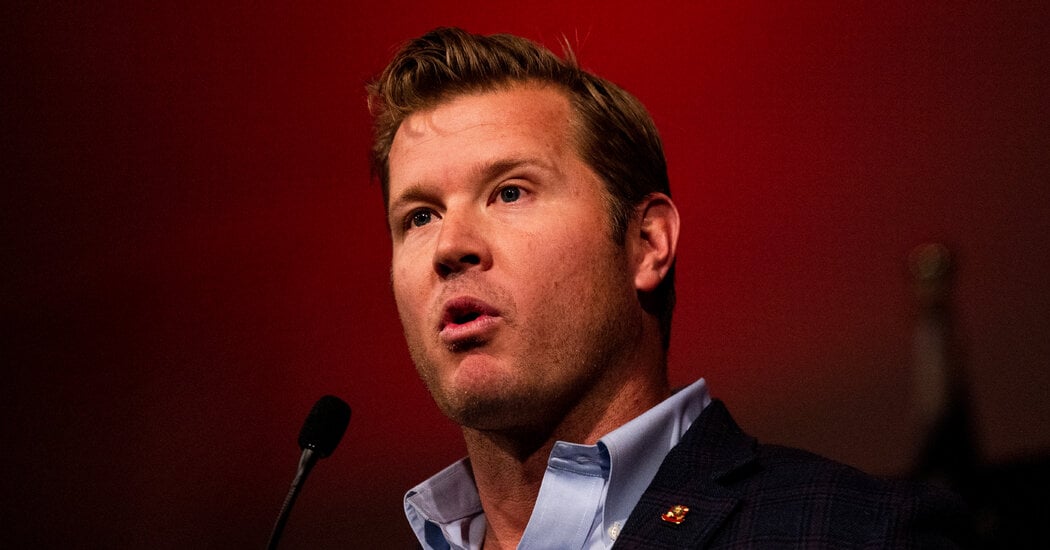Now, in interviews, two people who had close interactions with Mr. Sheehy during key moments in the story have come forward, raising new questions about whether the bullet wound had come during his military service.
A former SEAL colleague, Dave Madden, who had what he described as a close relationship with Mr. Sheehy before they deployed to Afghanistan, said that Mr. Sheehy never mentioned a gunshot wound to him, and almost certainly would have done so in a conversation they had during their deployment if he had indeed been wounded.
On the issue of the later injury in Montana, Kim Peach, a park ranger who spoke with Mr. Sheehy that day at the hospital, said Mr. Sheehy personally told him that he had accidentally shot himself in the arm, and handed over a revolver with a spent round.



From my time in Iraq this is also how I would see it. No one would have asked where the bullet came from. They would have just treated the wound and put him in for a purple heart. And trying to keep a bullet wound secret in a war zone would be next to impossible. Your battle buddies would immediately notice. Also can you imagine trying to keep it uninfected? Good luck with that.
Men were real men back then. They didn’t complain about “bullets” and the libs hadn’t invented “infections” or “COVID” yet.
Back then, you’d just rub a little dirt on it, die, and later run for office to avenge yourself.
AVENGE YOURSELF!!!
\s (if it weren’t obvious)